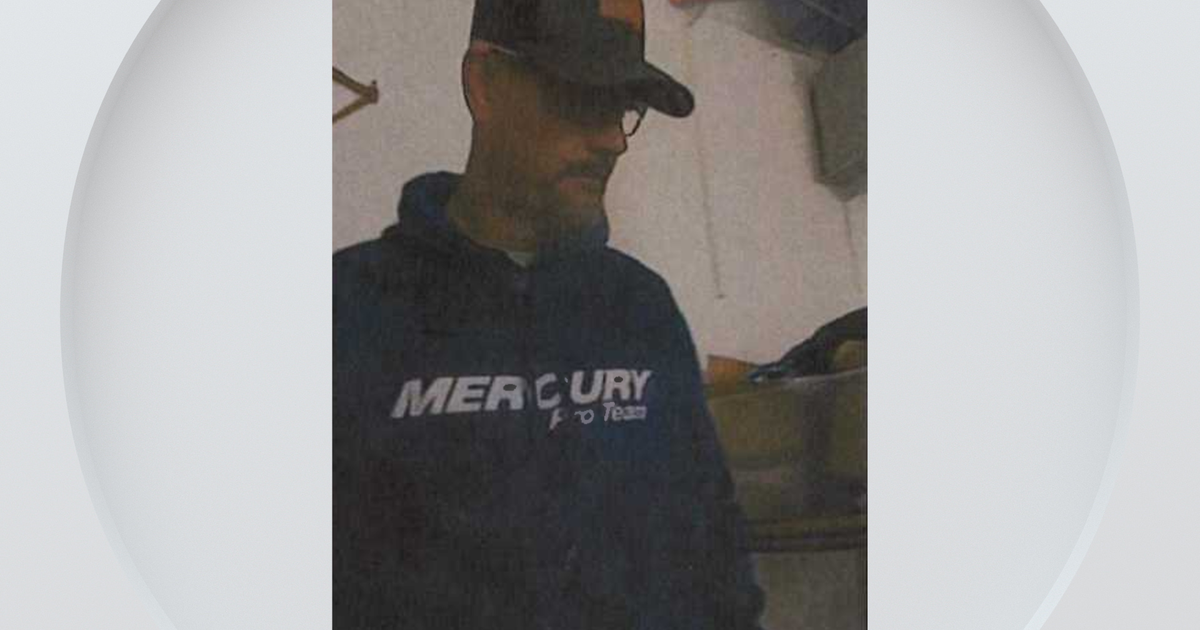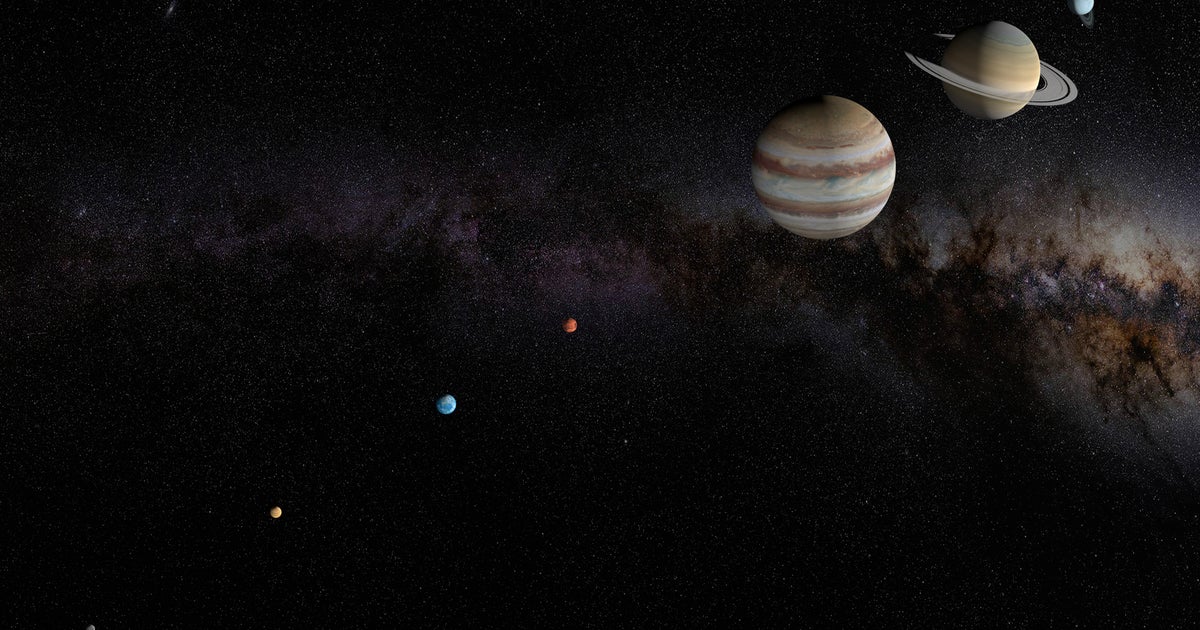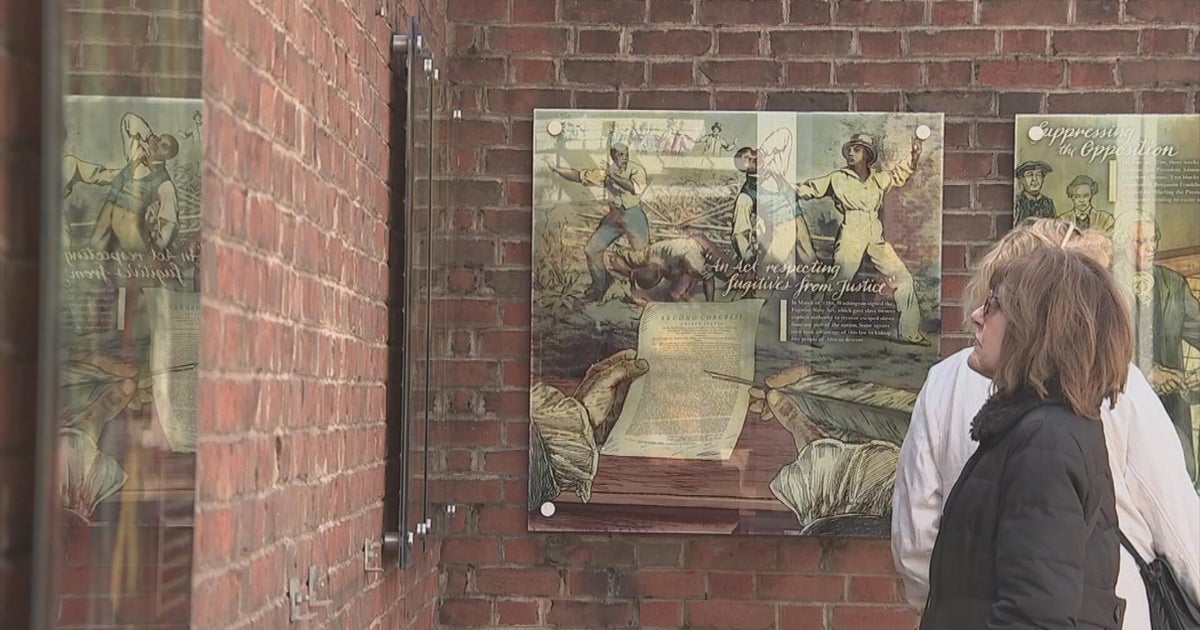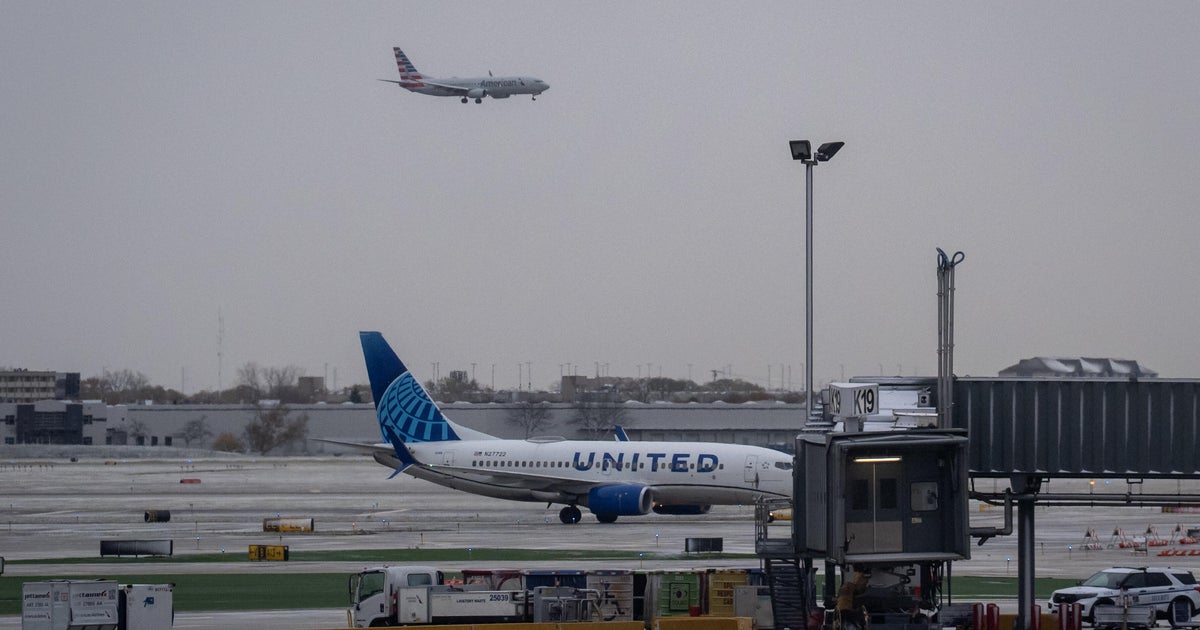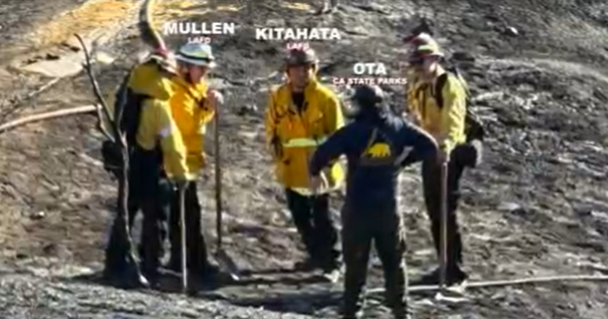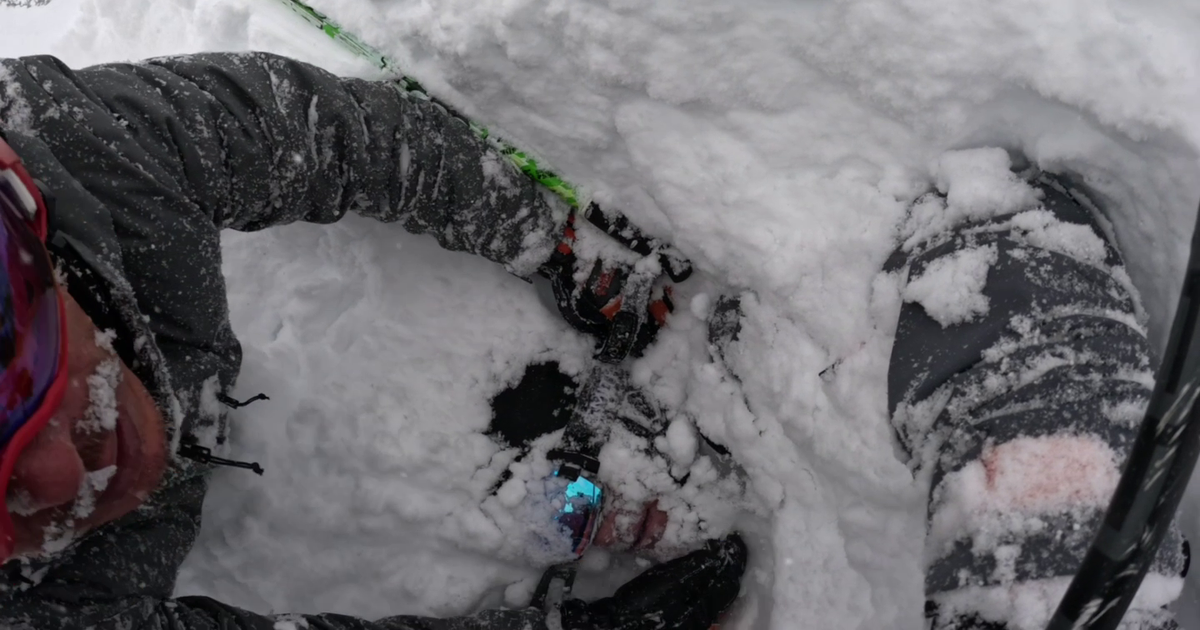California Woman Battles Navajo Nation Over Husband's Body
SAN FRANCISCO (AP) — A woman who was ordered to return her husband's body to the country's largest American Indian reservation for burial said she's not ready to stop fighting to have his remains laid to rest at a California veterans cemetery.
A Navajo Nation judge cited traditional laws in a Jan. 23 ruling that mandates DeeRoy "Spence" Spencer's body be returned to the reservation spanning parts of Arizona, New Mexico and Utah.
The order was sought by other family members of Spencer after they learned that his wife, Jean LaMarr, planned to cremate him, according to court documents.
Under the ruling, Spencer's body cannot be cremated as it runs contrary to the Navajo way of life.
The court said it refused to interfere with a burial process in place by Spencer's family. Death is a subject largely avoided by traditional Navajos, and the court said that disputes over a lifeless body violate the tribe's natural laws and threaten to bring harm to his family.
LaMarr wants to bury him in a military cemetery in Susanville, California, about 85 miles west of Reno, Nevada, with a full honor guard. The Vietnam veteran died last month after an extended stay in New Mexico where he sought traditional healing, LaMarr said. He was 68.
A New Mexico District Court ruled Tuesday that the Navajo Nation had jurisdiction over the case and ordered LaMarr to pay to have Spencer's non-cremated body shipped to a mortuary in Shiprock, New Mexico, within 72 hours. LaMarr said her lawyer told her she could be fined up to $1,000 a day if she didn't comply.
LaMarr, 69, paid to have her husband's body shipped to New Mexico on Wednesday, almost changing her mind as his casket was being driven in a mortuary van to the Reno airport, she said.
She said Thursday the legal battle waged by Spencer's family isn't over. She is looking for a lawyer to take her case to federal court so she can bury him in Northern California.
Rulings in Navajo Nation district courts must be appealed to the tribe's Supreme Court. The courts have civil jurisdiction over American Indians and non-Natives.
Calls to Spencer's niece, Chenoa Bah Jensen, who is listed as the petitioner in tribal court documents, went unanswered Thursday.
Navajo Nation Judge Geraldine Benally ruled that the funeral arrangements made by Spencer's family must move forward as planned this week at the Fort Defiance Veteran's Cemetery in northeastern Arizona, where he had arranged for a plot next to his brother.
Traditional Navajos believe that a person enters another realm in death and belongs to the Holy People, or deities. Talking about death or the deceased is seen as an invitation to bring harm upon one's family.
"Navajos should not fight over dead bodies unless they themselves want misfortune to occur upon themselves," Benally wrote in her decision.
Spencer's family testified that they called LaMarr repeatedly to include her in family meetings regarding his burial, but she hung up. Navajo tradition dictates that a person be buried within four days of death out of respect, and family members said they were trying to stay within that guideline.
Spencer and LaMarr were together for 47 years and married more than 20 years, she said. They lived in Susanville for 33 years, and LaMarr said her husband wanted to be cremated because he was a "spendthrift," according to court documents, and have his remains in Northern California with hers. After Spencer died, the Navajo court ruled that she no longer had power of attorney, LaMarr said.
"He always said, 'This is where I live, I love it here. This is where I want to be buried,'" LaMarr said.
LaMarr's sister, Indian educator Cindy LaMarr has contacted the offices of California Gov. Jerry Brown and State Attorney General Kamala Harris to intervene, but both declined. Cindy LaMarr said the struggle has been difficult for her sister.
"She hasn't even had time to grieve," she said. "Every day it's something different. In the end she should have just go ahead with his wishes."
Copyright 2015 The Associated Press. All rights reserved. This material may not be published, broadcast, rewritten or redistributed.
